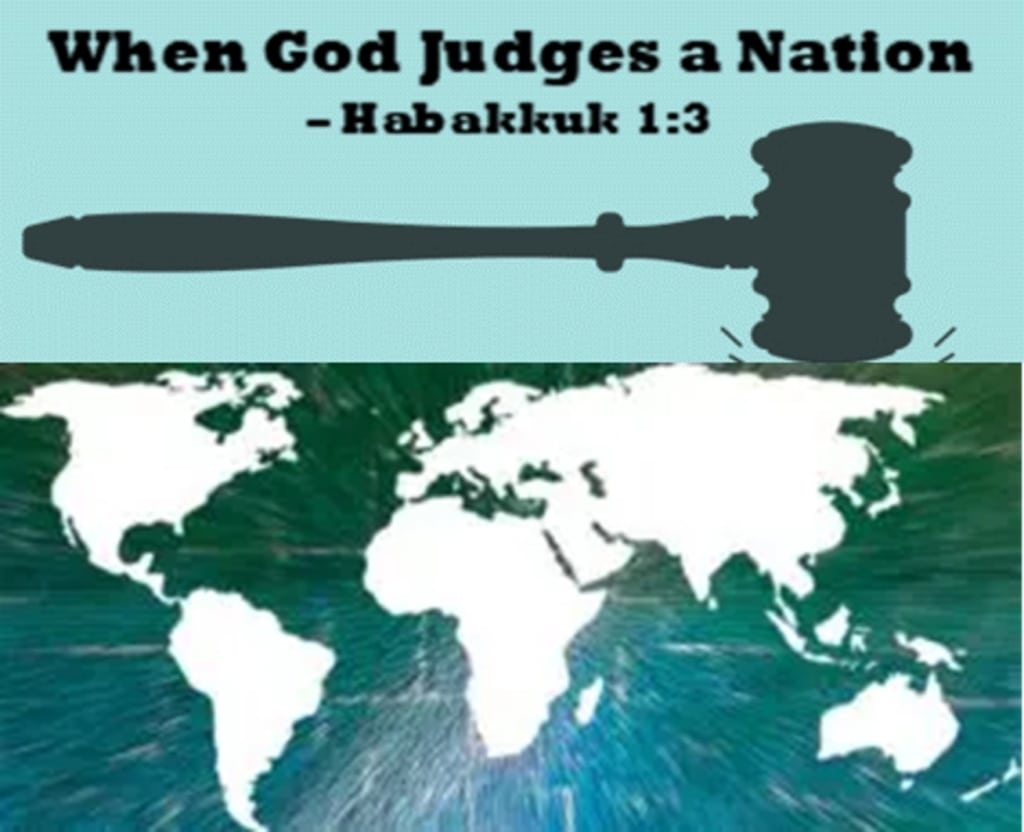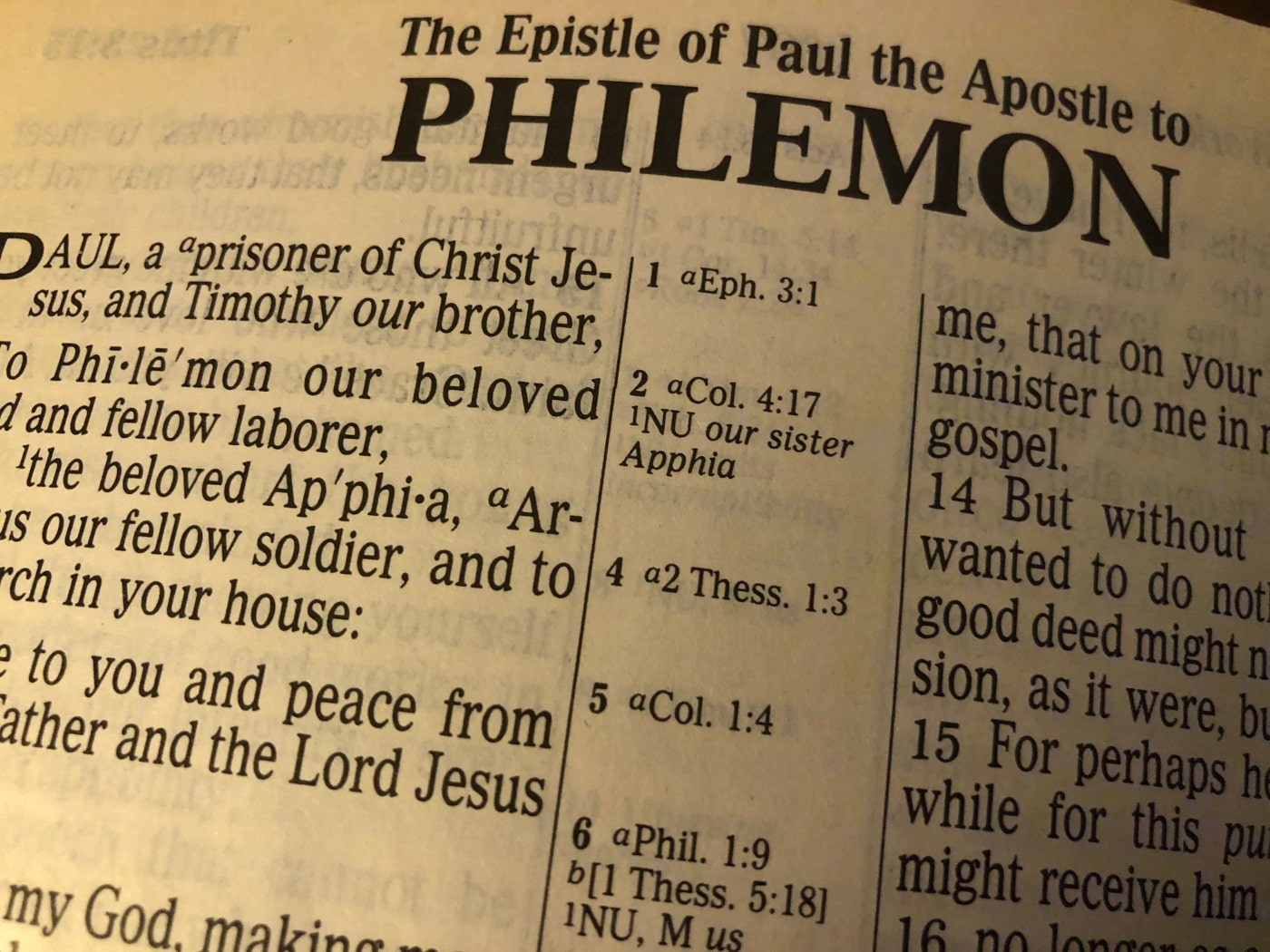
“Why do you show me iniquity, and cause me to see trouble? For plundering and violence are before me; there is strife, and contention arises.”
Hab. 1:3
>>>>Click here for printable Conference Notes <<<<
Highlights of Habakkuk
These are the spiritual insights of Habakkuk that break through the dark and turbulent clouds of confusion and doubt, like glorious sunshine after the storm. As the prophet wrestles with issues of life and death, with doubts and questions, he gains seven insights into the working of God.
It is worth noting that all but one use the covenant name of God—Yahweh. And the one that doesn’t, directs us to rest our faith on Him.
The safest refuge for our souls, when nothing seems to make sense, is to take shelter in the essence and character of God.
Habakkuk 1:12 “Are You not from everlasting, O Lord my God, My Holy One? We shall not die. O Lord, You have appointed them for judgment; O Rock, You have marked them for correction.”
Only an omniscient and omnipotent God can deal with the wicked. The daily task of the believer is to live today by faith.
Habakkuk 2:4 “Behold the proud, his soul is not upright in him; but the just shall live by his faith.”
The only anchor for our souls, in the shifting ebb and flow of time, is the sure and safe harbor of eternity.
Habakkuk 2:14 “For the earth will be filled with the knowledge of the glory of the Lord, as the waters cover the sea.”
We need to withdraw our souls from the clamor and questions of men, to gaze on Christ seated at God’s right hand.
Habakkuk 2:20 “But the Lord is in His holy temple. Let all the earth keep silent before Him.”
When the Word of God shakes our very souls, it is good to be reminded of His purpose, which He is working out through history.
Habakkuk 3:2 “O Lord, I have heard your speech and was afraid; O Lord, revive Your work in the midst of the years! In the midst of the years make it known; in wrath remember mercy.”
Amid the chaos of natural disasters, so called “acts of God,” never forget that attention is being directed to Jesus Christ, and souls are being saved by means of them.
Habakkuk 3:8, 13 “O Lord, were You displeased with the rivers, was Your anger against the rivers, was Your wrath against the sea, that You rode on Your horses, Your chariots of salvation? … You went forth for the salvation of Your people, for salvation with Your Anointed. You struck the head from the house of the wicked, by laying bare from foundation to neck. Selah.”
This humble priest/poet/singer, facing peril and famine, writes the most eloquent statement of faith found in Scripture—to be sung in the coming collapse of the nation!
Habakkuk 3:17–19 “Though the fig tree may not blossom, nor fruit be on the vines; though the labor of the olive may fail, and the field yield no food; though the flock may be cut off from the fold, and there be no herd in the stalls—Yet I will rejoice in the Lord, I will joy in the God of my salvation. The Lord God is my strength; He will make my feet like deer’s feet, and He will make me walk on my high hills … To the Chief Musician. With my stringed instruments.”
Summary of Habakkuk
- Because God is holy, He must judge evil. Because He is faithful, He works all things for the good of His people (Hab. 1:13; Gen. 50:20; Zeph. 3:5; Rom. 8:28).
- God delays His act of judgment, called “His unusual [strange] act” (Isa. 28:21), because He desires that all men might come to saving faith (Hab.2:4; Ezek. 33:11; 1 Tim. 2:3–6; 2 Pet. 3:8–9).
- Genuine and mature faith looks away from the chaos of the present time to the promise of His future kingdom (Hab. 2:14; John 14:1–3; Rom. 8:21–23; 2 Cor. 4:17–18).
- It is good to let God be God, and to rest in His wisdom, authority, and power (Hab. 2:20; Zeph. 1:7; Matt. 28:18; Jude 24–25).
- All the forces of nature and of history are obeying the hand of God to bring as many souls as possible into the fold of the redeemed (Hab. 3:2; John 10:7–11; Rom. 3:23–24).
- When God seems to be shaking Heaven and Earth, remember that the Father, the Son, and the Spirit are waging a spiritual war for the souls of men, women, and children (Hab. 3:8, 13; Isa. 3:10; Nah. 1:7; Zeph. 2:3; Rev. 5:5).
- When we can rest in faith, regardless of external circumstances, we have come to the status of a “hero of the faith” (Hab. 3:17–19; Job 13:15; 19:25–27; Isa. 40:31; Lam. 3:21–27; Phil. 4:11–13).
>>>Click here if you do not see the video/audio lessons below<<<
Gene Cunningham - August 2, 2011
Philemon #5

We don't know always how to pray. In the context of hope, the Spirit's intercession for us in prayer (Rom 8:24-26). Mustard seed parable: (1) the mustard bush had fragrance and birds were attracted. When we grow we benefit others (Rom 15:1); (2) pungency — the leaves were flavorful when used on food; (3) security — provided safe haven for birds. We enter eternal life freely, but inheriting eternal life is costly (Rom 8:15-17); you have to be a son before becoming heir. In Romans 15, "Heirs of God" suggests eternal life; "joint heirs with Christ" has a condition of suffering with Him (1Pe 1:4).
The fellowship (Greek: "kononia") of Philemon's faith (Phm 1:6) will take spiritual growth. Elements of discipleship and spiritual growth are:
- The call to eternal life is a free gift; the call to discipleship is costly (Mat 11:28-29, Luk 9:23, Luk 14:25-32).
- To be a disciple implies personal spiritual growth into conformity to Christ (2Pe 1:5-7, 2Pe 3:17-18, Rom 12:1-2).
- There are three essential elements of personal transformation -- faith, hope, and love (1Th 1:3-10, Rev 12:11).
- Paul is challenging Philemon to become even more effective Phm 1:5-6, 1Th 4:1, 1Th 4:10, Phi 1:9-11).
- True spiritual growth is personal or isolated,; it is aimed at the benefit and blessing of other believers (Eph 4:11-16).
- A one-word summary is "fellowship" is a relational setting.
To Philemon and Onesimus, Paul becomes an example of Jesus Christ our mediator (Phm 1:8-18). Paul is the mediator who is able to have empathy for both the offended and the offender. Like his Master, he is always seeking to bring reconciliation. Paul is willing to pay the debt to reconcile Philemon and Onesimus (Phm 1:19). God's redemptive plan works not by command but by the apeal of love (Phm 1:8-9). You cannot force Grace (Joh 3:16, Eph 2:8). There has to be an intercessor with estranged parties. Paul calls himself "the aged" though the Romans considered that you were "old" at 60 years old. Paul wasn't 60 yet. Paul acts as an (Greek: "presbutes") ambassador (Eph 6:20). Onesimus left as a runaway slave and thief. It's possible Onesimus actually sought Paul out. The consequenses are still there from bad decision made in carnality. Redemption makes possible the new birth; "I have begotten him" (Phm 1:10). In the new spiritual life, wishes and desires must all be subordinated to the will of God considering the freedom of others (Phm 1:13-14).
How profitable is your faith? Who is benefitting by your life? Before conversion, Paul wanted the benefits of advancement (Phi 3:1-6). Jacob was self-centered and selfish (as the meaning of his name implies). The wrestling angel, after impairing Jacob, asked him his name. This was to reveal his real character and helplessness. Jacob had to own up to who he had been. The angel renames him to "Israel", to denote real transformation.
Conference notes for this series can be found [HERE]
Scripture References: Ephesians 2:8, Philippians 1:6, Philippians 1:5-6, John 3:16, Romans 8:15-17, Revelation 12:11, Philippians 1:8-9, Romans 15:1, Philippians 3:1-6, Romans 12:1-2, Philippians 1:19, Romans 8:24-26, Philippians 1:13-14, Luke 14:25-32, Philippians 1:8-18, Philippians 1:10, Luke 9:23, Ephesians 4:11-16, Ephesians 6:20, Matthew 11:28-29, Philippians 1:9-11
From Series: "Philemon - A Living Parable of God's Redemption - California 2011"
In Philemon 10-11 Paul writes 'I appeal to you for my son Onesimus whom I have begotten while in my chains who once was unprofitable to you but now is profitable to you and to me.' These verses highlight the theme of the letter namely redemption and reconciliation. The annual Weekend Bible Conference was held 5-7 August 2011 in Orange County California.

